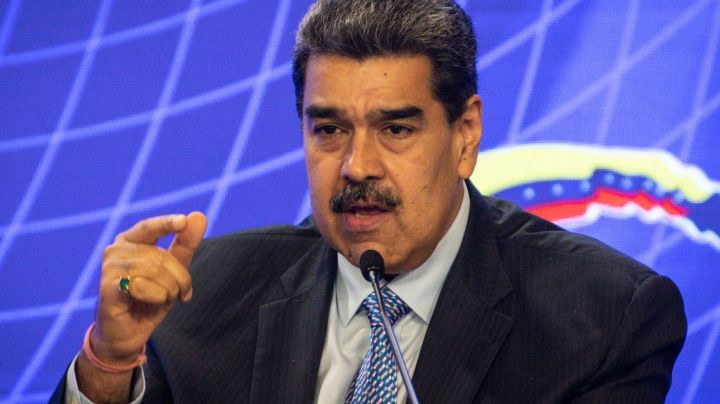Is Venezuela Going to Invade Guyana? — Here’s What’s Happening

CARACAS, VENEZUELA - JULY 8: President of Venezuela Nicolas Maduro speaks during a joint speech with Barbados Prime Minister Mia Mottley as part of an official visit at the Miraflores Palace on July 8, 2023 in Caracas, Venezuela. (Photo by Carlos Becerra/Getty Images)
Venezuela voted on a referendum over whether the territory of Essequibo – which is part of Guyana – should be annexed (aka adding a territory to your own by means of appropriation) took place on Sunday, December 3rd. The Nicolas Maduro government announced the overwhelmingly favorable results on Monday, with 95% of the Venezuelan population allegedly voting in favor. This led many to speculate that an invasion by Venezuela was on the horizon for the country, especially taking into consideration other territory disputes like Russia-Ukraine or Israel-Palestine.
The International Court of Justice (ICJ), the UN’s judicial component, warned the Venezuelan government on Friday, December 1st against the annexation of the territory of Essequibo. The 61,600 square mile region makes up two-thirds of the total of Guyana and it is home to 125,000 of Guyana’s 800,000 citizens.
Essequibo has been a territory in contention for over a century. In 1899 an international tribunal awarded the area to Britain, which at the time ruled over Guyana, then known as British Guiana. Venezuela has contested the ruling for years, with the conflict reaching breaking point in 2015 when US giant ExxonMobil discovered oil in Essequibo.
Venezuela has the world’s largest oil reserves, but its oil sector has been under US sanctions since 2019 – sanctions which were recently eased after Venezuela promised to lift a ban on opposition candidates. There has also been increasing international pressure on President Nicolas Maduro, who has been in power since 2013, to allow free elections in 2024.

Guyana President Irfaan Ali assured Guyanese people on Sunday night that no rhetoric or fear “can change the fact that Essequibo belongs to Guyana.”
Some are calling this a political stunt by Maduro, at a time when he has been seen as giving concessions to the United States for fair elections. Ultimately the Essequibo is densely forested and an annexation or invasion would likely require sending troops through Brazil, something the country would probably not allow.
